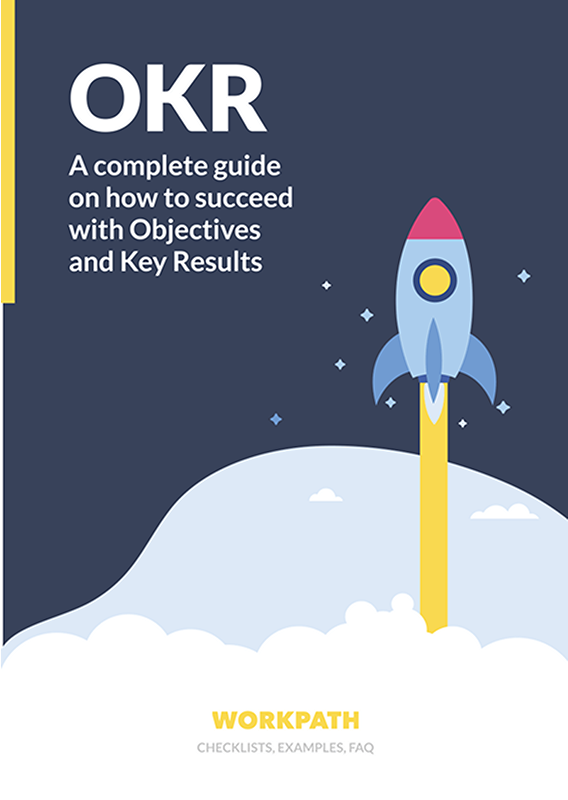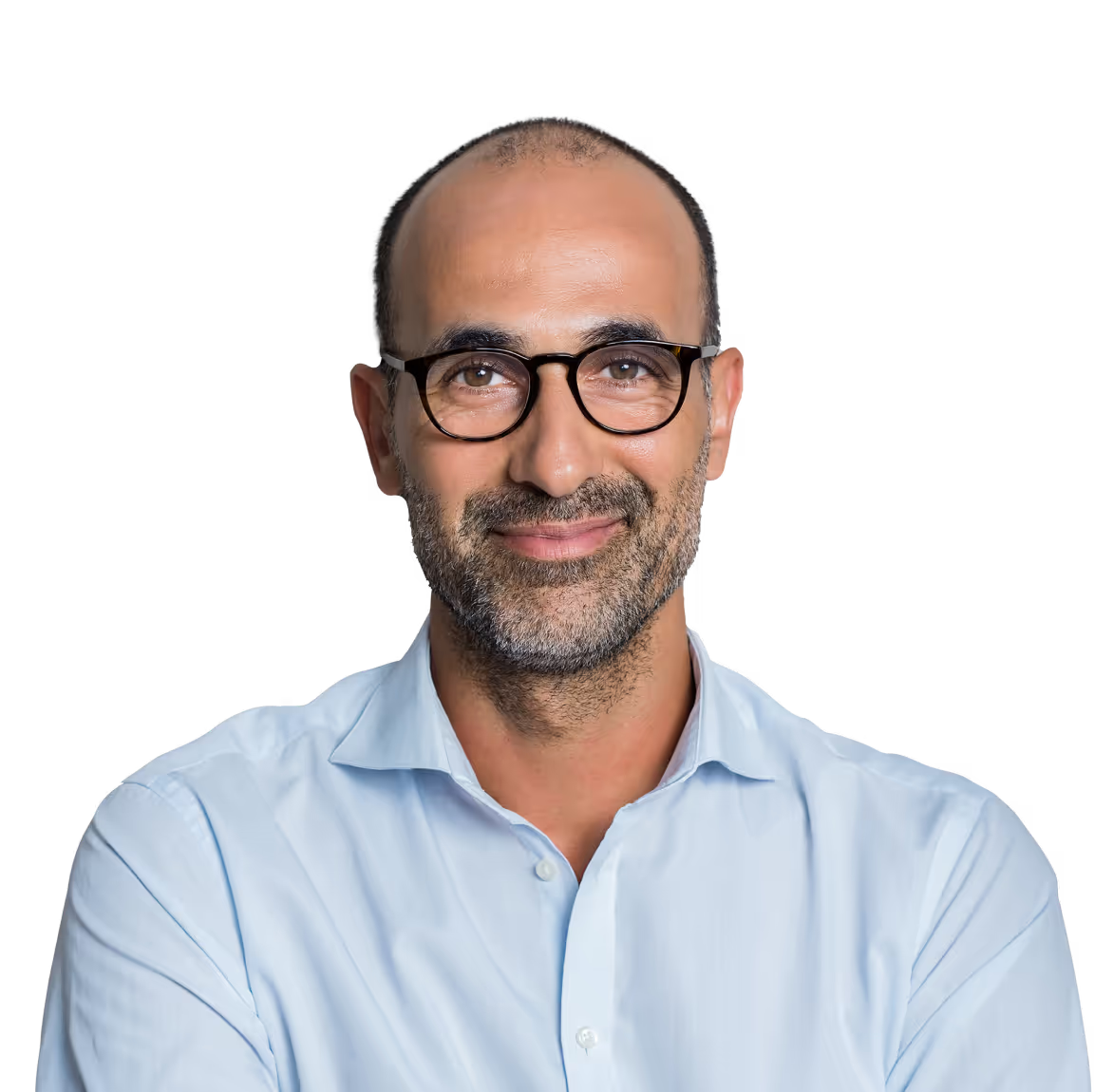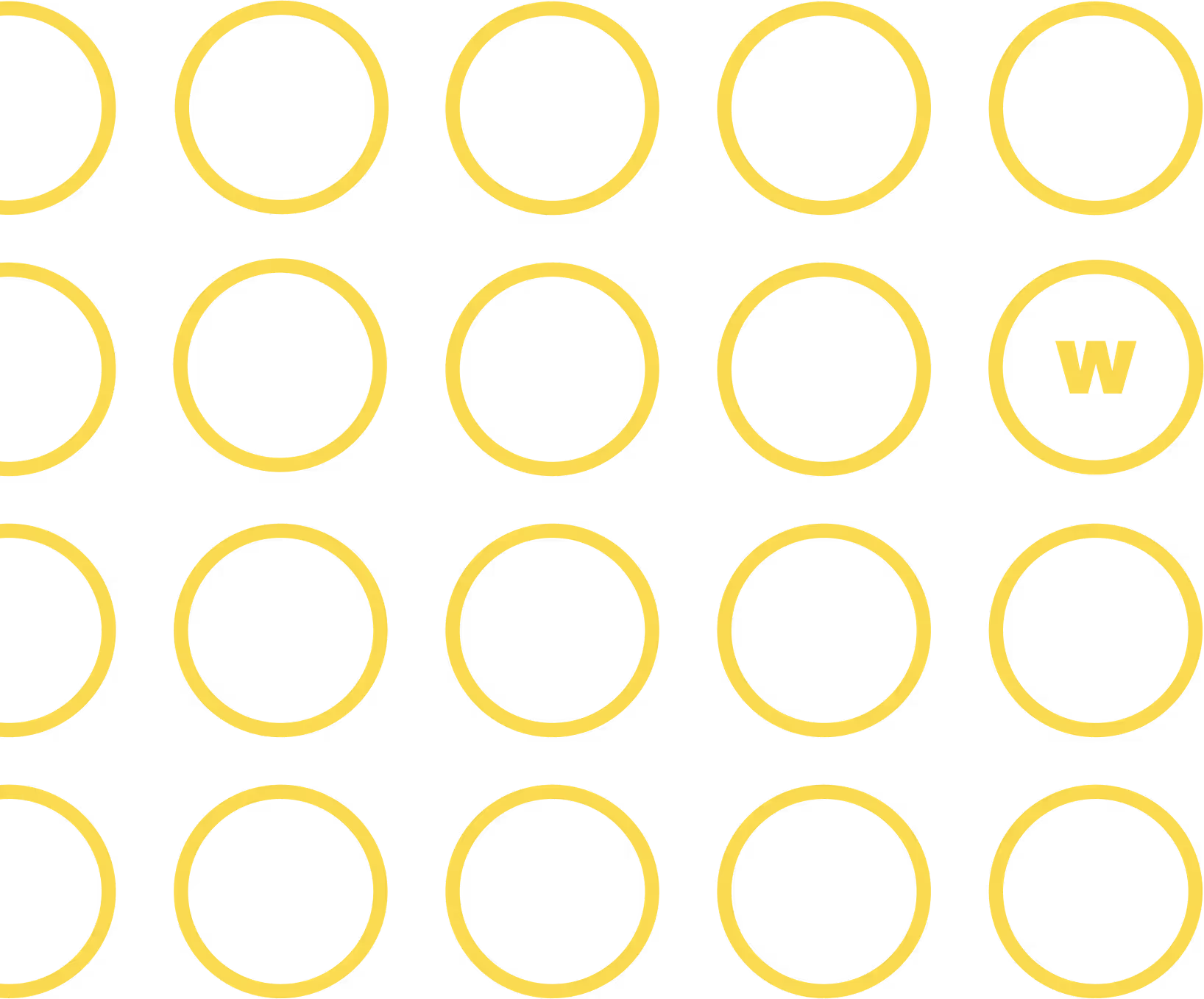With more than 150,000 employees in 37 markets, Metro AG is a real heavyweight in the food sector. Initiating sustainable structural changes in a company this size requires persuasiveness, clear ideas and patience. Timo Salzsieder has been on board as CIO at Metro since 2017. During this time, he has modernized processes, initiated new ways of working and established a modern work culture. In the "Major Outcomes" podcast, he looks back in conversation with Workpath CEO Johannes Müller and explains what is needed to initiate such a change. We have summarized the most important statements here.
Hello Timo, you have a digital background, contacts as far as Silicon Valley and worked for HolidayCheck before. What made you decide to take the step into the wholesale food trade?
When I was approached first, I was actually very sceptical at first, because from an external point of view you quickly get the impression of an "old dusty company" with limited development opportunities. However, I was surprised by a few things during the talks and in combination with the market situation, as well as the development possibilities, it really appealed to me to push Metro into the right direction.
You have been on board for three years now. What were the challenges when you joined in 2017?
My predecessor had already started some initiatives and switched to agile working methods, so they were already working with Scrum and Agile Masters. However, the way of working was strongly feature-driven with no focus on data or strategy. In addition, Metro is very decentralized and the IT had more of a support function. Orders came in from various countries to develop an online shop or an app or to modify products. The success of projects was measured by whether we could deliver in time and budget. The added value of these products or whether they were then used was of secondary importance.
What were the first steps you took then?
In the first step I focused on processes to establish Continuous Delivery and Process Automation. In addition, each country had to formulate a vision and mission of their product in order to be able to work in a more goal-oriented way. Through my background in the US and working with Google, I also introduced the OKR framework within the IT unit Metronom to establish a data-driven culture and move away from a feature-driven approach. After all, we are sitting on a huge treasure trove of data, since every customer has a Metro Card. So we have an abundance of information, who is buying from us, how often they return, how long they stay and what products they buy. We can leverage this data to control product development. We are also constantly increasing the number of people who work with OKRs.
So, you established a new data-driven mindset and OKRs. How do you convince employees to embrace this change?
Communication and transparency are very important to sensitize employees. We have townhalls where several thousand employees dial in and submit questions in advance. I also maintain a blog to keep employees up to date. These initiatives also feed into our general cultural change to become more open and transparent. For the IT unit Metronom, we rebranded it with our own guerrilla campaigns to become more attractive as an employer. And the success proves us right. We have become a “cool bunch” with modern working methods, which makes it easier to attract talent.
In a company like this, which is also listed, constant pressure is ever-present. How easy is it to implement such large-scale changes in this environment?
It is a big task to adjust the mindset of all employees to OKRs, which also requires a lot of patience. But our management has understood that this is the right way and backs us. After all, the pressure does not only come from the management, but also from outside and from the employees. Today, the top-down approach simply does not work anymore to attract good employees. This is another reason why we want to develop culturally as well.
Following internal change, how do you develop your business model?
We strongly focus on B2B wholesale. That is still a market that is very much driven by us. In the hospitality sector in particular, we would like to establish an omni-channel business and place greater emphasis on delivery services. The challenge for us is to maintain supply chains and cooling zones in an international environment. But we are already very successful here and are growing strongly in this area. Nevertheless, the in-store offering remains a very important part of our business and identity, which we have already greatly expanded with consulting services, cooking courses and wine tasting.If you want to learn more about the transformation at Metro, check out the Major Outcomes episode with Timo (GER). There you can learn more about Metro's online strategy, rising Employer Engagement Scores, the different challenges in different markets and much more.





